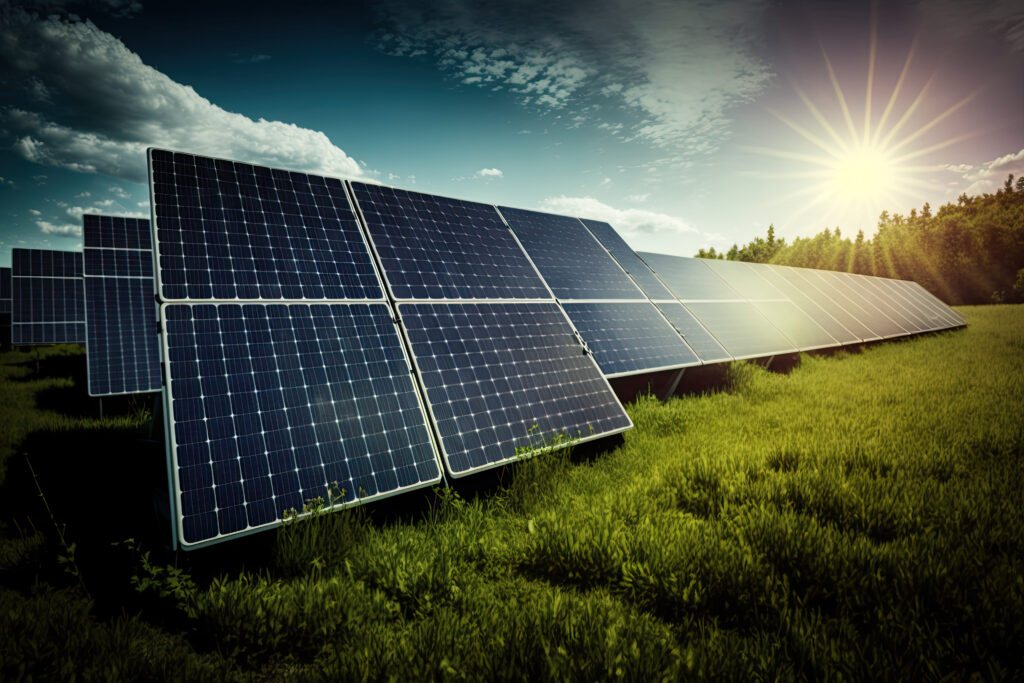
Solar panels have revolutionized the way we power our homes and businesses. By converting sunlight into electricity, these innovative devices offer a sustainable and cost-effective solution to our energy needs.

Environmental Impact: Solar energy is a clean and renewable resource that produces no greenhouse gas emissions. By choosing solar, you’re helping to reduce your carbon footprint and combat climate change.
Cost Savings: While there’s an upfront investment, solar panels can significantly reduce your long-term energy costs. Once installed, you’ll enjoy lower or even zero electricity bills, thanks to the free energy provided by the sun.
Energy Independence: By generating your own electricity, you become less reliant on traditional power grids and fluctuating energy prices. This gives you greater control over your energy consumption.
Increased Property Value: Homes equipped with solar panels often have a higher resale value. Potential buyers are increasingly attracted to energy-efficient properties.
Low Maintenance: Solar panels require minimal maintenance, making them a reliable and long-term investment.
How do solar panels work? Solar panels use photovoltaic cells to convert sunlight into direct current electricity. This electricity can then be used to power your home or stored in batteries for later use.
How long do solar panels last? High-quality solar panels can last 25 years or more with minimal performance degradation.
Are solar panels worth the investment? Yes, solar panels can be a worthwhile investment, especially considering the long-term cost savings and environmental benefits.
What are the incentives for installing solar panels? Many governments offer incentives such as tax credits and rebates to encourage the adoption of solar energy.
Can I install solar panels on my roof? Most roofs are suitable for solar panel installation. However, factors like roof orientation, shading, and structural integrity need to be considered.

